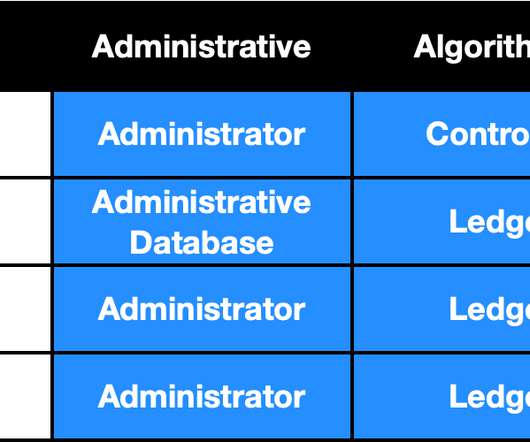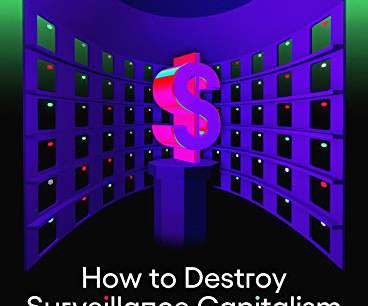Insider Threat: A perspective on how to address the increasing risk
CTOvision
OCTOBER 28, 2015
However, in June of 2013, a systems administrator at the National Security Agency (NSA) reminded us of the threat that already exists within an organization, behind the protection of its sophisticated, complex perimeter security. Additionally, insiders now have new ways of coordinating with others.














Let's personalize your content